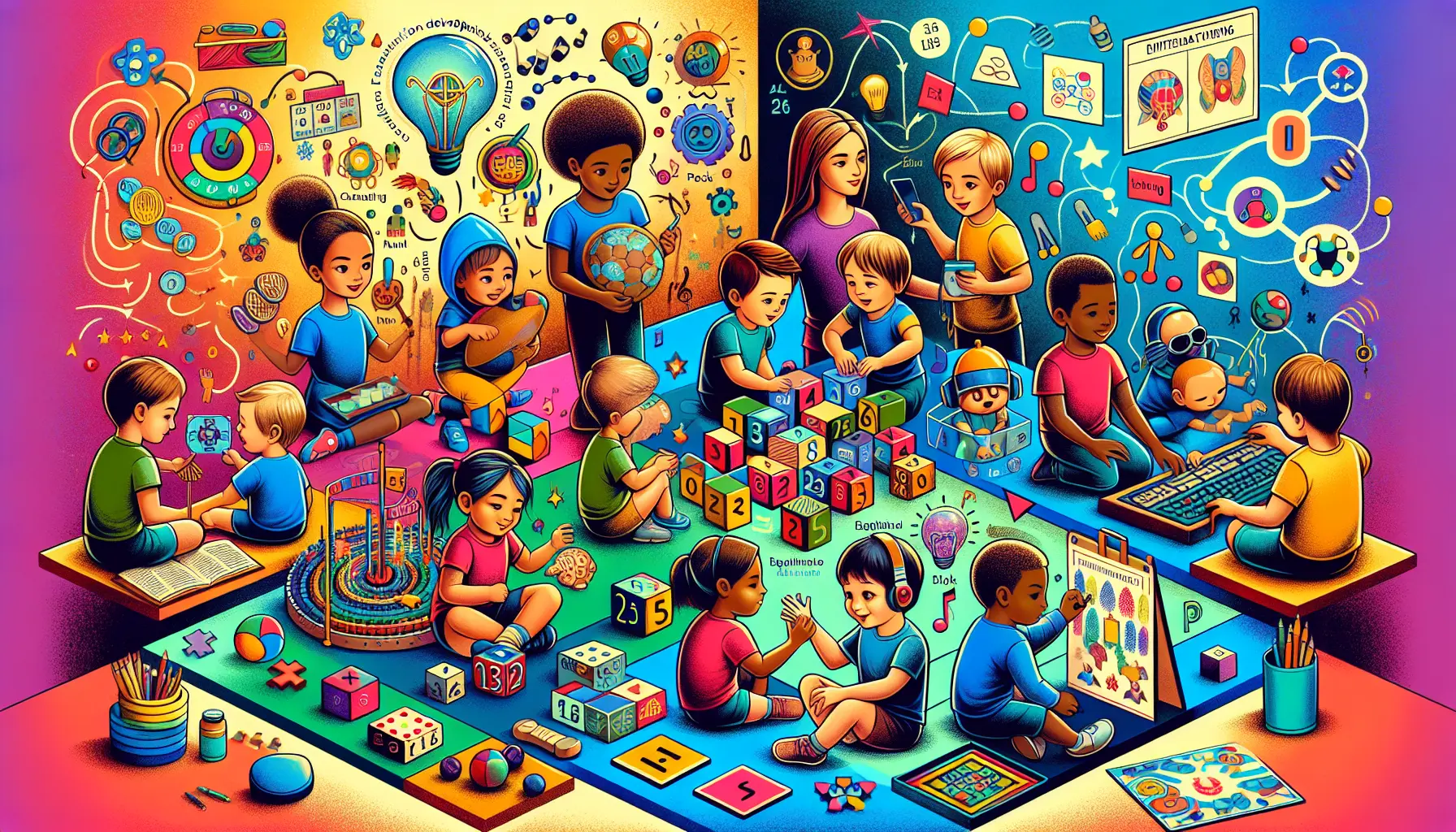
Estimated reading time: 8 minutes
Key Takeaways
- Engagement: Educational games make learning enjoyable and engaging for children.
- Skill Development: These games enhance cognitive, creative, and social skills.
- Quality Selection: Choosing age-appropriate and goal-oriented games is crucial for effective learning.
- Integration: Regular gaming sessions can significantly boost academic performance.
Table of Contents
How Educational Games Transform Learning
Educational games blend entertainment with skill-building, making learning feel natural and enjoyable. Research shows these games help children develop critical thinking, problem-solving abilities, and social skills while maintaining high engagement levels. Parents seeking quality educational content will find these games particularly valuable for supplementing traditional learning methods. Source Source
Key Benefits of Educational Gaming
Cognitive Development
- Strengthens logical reasoning and strategic thinking
- Improves memory and concentration
- Develops quick decision-making skills
Creative Expression
- Encourages imaginative thinking
- Supports artistic exploration
- Promotes innovative problem-solving
Social Skills
- Builds teamwork abilities
- Enhances communication skills
- Teaches conflict resolution
Selecting Quality Educational Games
Parents should consider several factors when choosing educational games:
Age-Appropriate Content
Games must match your child's developmental stage to provide the right level of challenge and engagement. Look for clear age recommendations and reviews from other parents. Source
Learning Goals
Quality educational games have specific learning objectives integrated naturally into gameplay. Whether focusing on math, reading, or science, the educational component should feel seamless. Source
Top Educational Games by Category
Mathematics
Prodigy Math Game
This fantasy-adventure game makes mathematics exciting through:
- Story-driven gameplay
- Personalized math challenges
- Regular progress tracking
Coding and Technology
Scratch Programming
Perfect for budding programmers, offering:
- Visual coding blocks
- Creative project possibilities
- Supportive online community
Language and Literacy
Classic Scrabble
Develops vocabulary through:
- Word-building challenges
- Strategic thinking
- Family-friendly competition
Best Educational Apps for Different Age Groups
Preschool (Ages 2-5)
Noggin Preschool Learning
Features:
- Interactive storybooks
- Educational videos
- Basic math and reading games
Elementary (Ages 6-11)
My Very Hungry Caterpillar AR
Offers:
- Science exploration
- Nature discovery
- Interactive learning experiences
Making the Most of Educational Games
Integration Tips
- Set specific learning goals
- Schedule regular gaming sessions
- Monitor progress consistently
- Discuss learning outcomes together
Success Stories
Parents report significant improvements in their children's academic performance and motivation to learn. One parent shared how their child's math scores improved after regular sessions with educational math games. Teachers note increased classroom participation and better retention of concepts when incorporating educational games into lessons. Source
Looking Ahead
Educational games continue to evolve, offering increasingly sophisticated learning opportunities. The key is finding the right balance between entertainment and education while ensuring games support your child's specific learning needs.
For additional guidance, explore educational gaming resources on Common Sense Media and connect with other parents sharing similar experiences. Remember to regularly review and update your game selection as your child grows and their learning needs change. Source Source
Frequently Asked Questions
What are educational games?
Educational games are designed to teach children various skills and knowledge through interactive play.
How do educational games benefit children?
They enhance cognitive skills, promote creativity, and improve social interactions among peers.
Can educational games replace traditional learning?
While they are a great supplement, they should not completely replace traditional learning methods.
What age group benefits most from educational games?
Children of all ages can benefit, but preschool and elementary-aged children often see the most significant gains.
How can I choose the right educational game for my child?
Consider your child's age, interests, and the specific skills you want them to develop when selecting a game.









